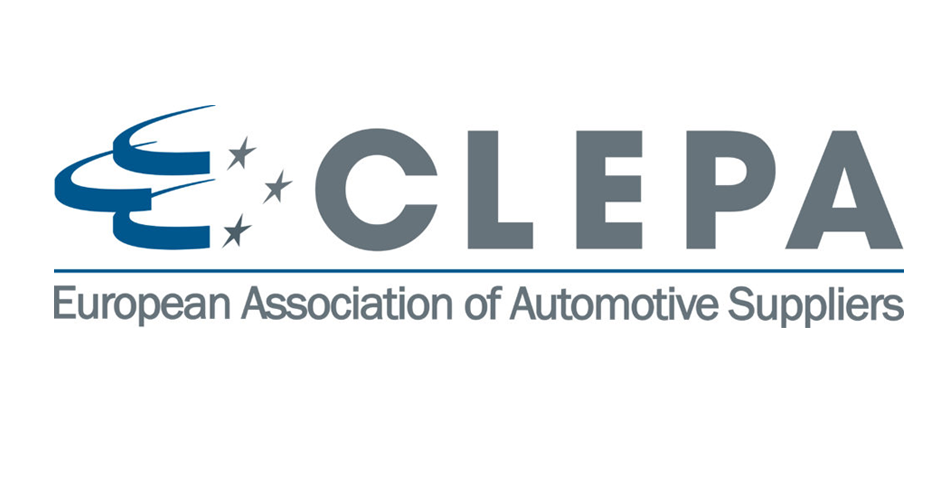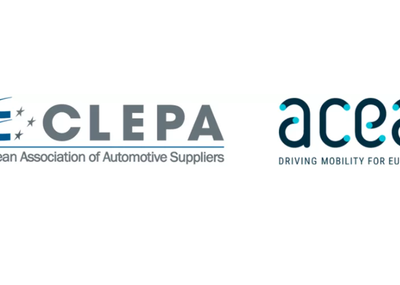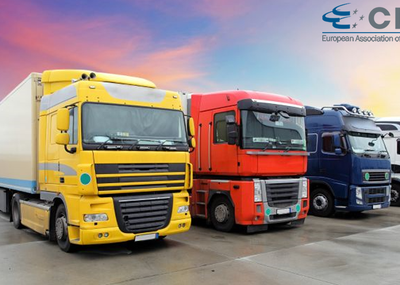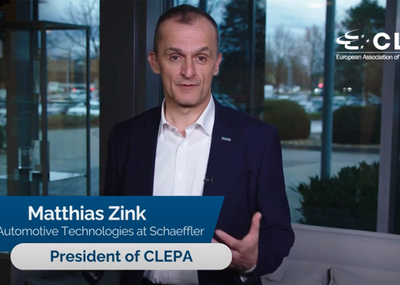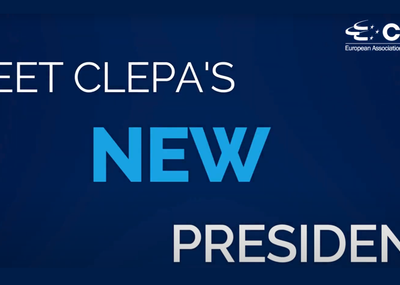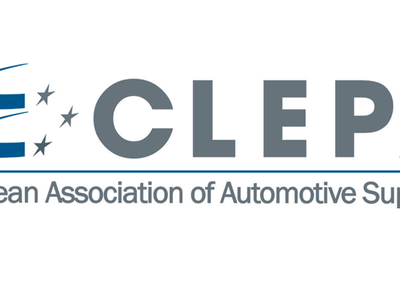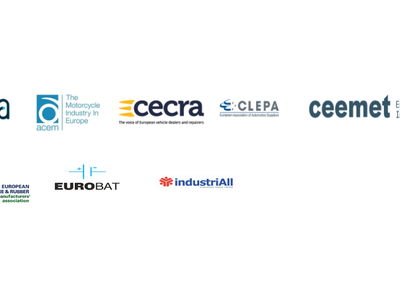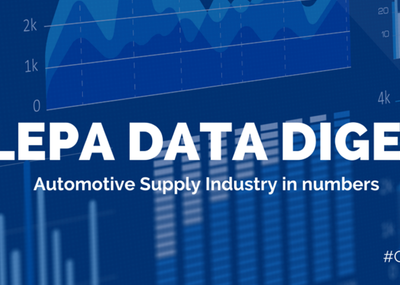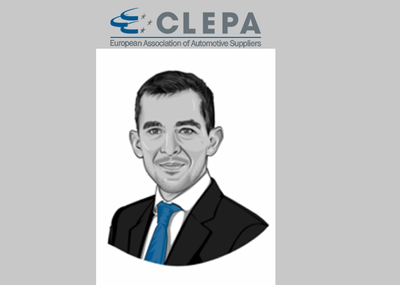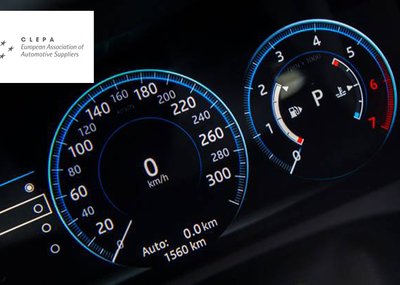CLEPA’s own research on sustainability reports reveals that suppliers are adopting green and circular strategies throughout their value chains. While vehicle production has increased over the past two years, although still below pre-pandemic levels, notable improvements have been made in reducing CO2 emissions and enhancing recycling efforts.
In a sample of 27 companies, carbon emissions related to own operations decreased by 4.5% between 2021 and 2022, largely attributed to a significant increase in renewable energy usage, now reaching 41% of total energy consumption. While waste generation increased by approximately 9% during this period, suppliers reported a slight rise in recycling and recovery of production waste, reaching 93% in 2022. Moreover, sustainability initiatives extend to remanufacturing of components and creating new components from recycled materials, bolstering industry sustainability.
These are encouraging findings, but this trend must be sustained and expanded with business revenue to achieve Green Deal objectives. However, in the latest insights from the CLEPA Pulse Check, a bi-annual survey conducted in partnership with McKinsey, it is concerning that more than half of suppliers (56%) report profitability below 5%, with 17% reporting losses1. Not less worrying is the fact that the EU is attracting relatively less foreign direct investment, which sharply contrasts with the US’s growth, especially in battery manufacturing, underlining EU industrial policy challenges.
To enhance EU manufacturing competitiveness in e-mobility, policies must optimise raw material and battery supply chains, accelerate charging infrastructure deployment, reduce administrative burdens, and address skills and energy needs.
It is as important to maintain the principle of technology open regulation. The discussion on CO2 standards for heavy-duty vehicles (HDVs) should focus on the right framework for a healthy competition of electrification, hydrogen (combustion), e-trailers, sustainable renewable fuels, and other innovations to come, to rapidly and cost-effectively reduce emissions. Thus, leveraging different technological strengths for varied use-cases. CLEPA’s #TruckDiversity campaign highlights the importance of embracing a variety of clean technologies for HDVs to achieve ambitious CO2 reduction targets.
The European Commission has also set ambitious goals for the digital transition. However, without a prompt adoption of a sector-specific proposal for access to in-vehicle data, the data market will remain closed off. Moving forward with this proposal will enable the development of new business models and foster growth in the mobility sector.
Yet, the responsibility does not rest solely with policymakers. European businesses are accustomed to global competition, yet only 17% of suppliers believe their cost structure and pricing can compete with Chinese businesses. And only 25% believe they are sufficiently agile and responsive enough in taking decisions or that their product development cycles are sufficiently fast. The rest either feels neutral or “not sufficiently” prepared. While the industry has what it takes to bring ground-breaking technology to the market, it will require increased effort to reinforce (and in some respects regain) its competitive edge.

